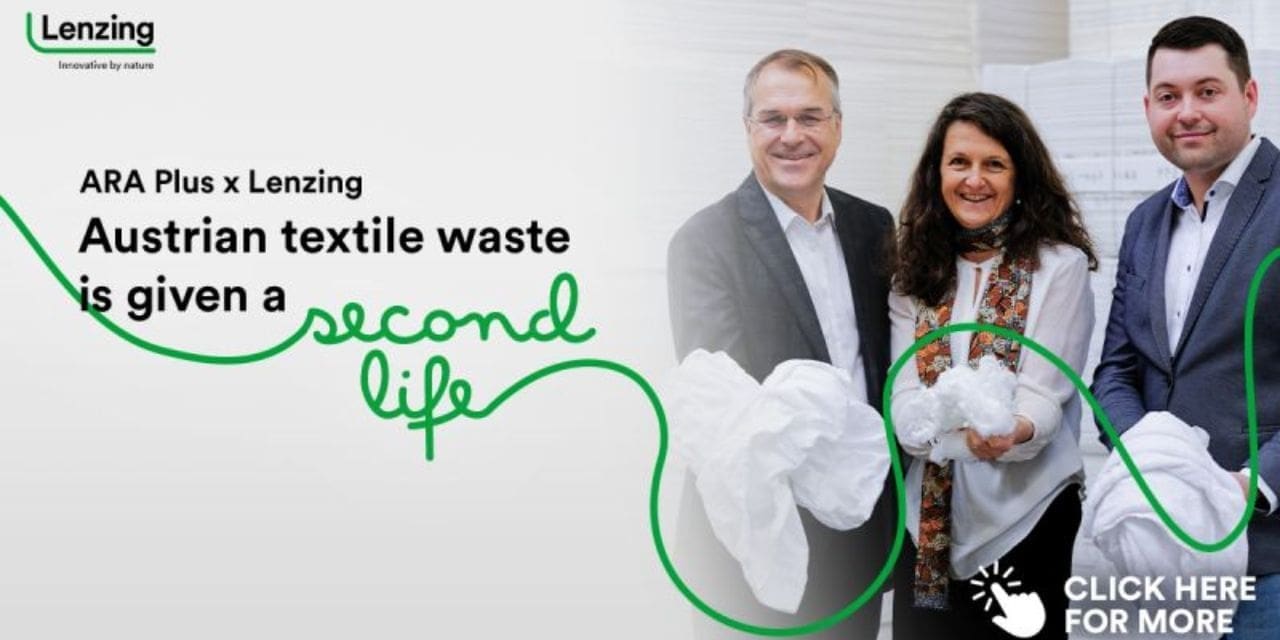Lenzing, ARA, Salesianer Miettex, Caritas and Södra joining forces to drive forward the transition to circularity
Joint project involving the collection, transport and sorting of used textiles for processing to make pulp and
fibers
Pioneering project with a strong social component
Lenzing/Vienna/Pöchlarn/Växjö – The Lenzing Group, a world-leading provider of specialty fibers for the textile
and nonwoven industries, has taken another big step towards achieving a circular future in collaboration with
several partners. Austrian companies and not-for-profit organizations, including Lenzing’s logistics and sorting
partner ARA (Altstoff Recycling Austria AG), the textile service provider Salesianer Miettex and Caritas, as well
as the Swedish pulp producer Södra have joined forces to collect used household and clothing textiles for
reprocessing to produce pulp and, ultimately, new lyocell and viscose fibers.
In this pilot project, used textiles collected by Salesianer Miettex that are not suitable for reuse will be passed on
to ARA, before being delivered to Caritas for sorting by hand at a recycling plant. The Caritas recycling facility
provides secure employment to more than 70 people with disabilities. After the sorting process, the textiles will
be delivered to Södra for recycling and processing to produce OnceMore® pulp. This method is a world first in
the industrial recycling of textile waste made from blended fibers. Lenzing will then apply its innovative
REFIBRATM technology to produce new lyocell and viscose fibers.
“One company alone cannot solve the pressing problem of textile waste. Proactive partnerships such as these
allow us to make progress and accomplish real systemic change,” says Sonja Zak, Head of Textile Sourcing &
Cooperations at Lenzing Group. “We work hard to make our industries more sustainable and promote the
transformation of the textile business model from linear to circular. Continued action across the whole sector will
be necessary to facilitate this transition.”

